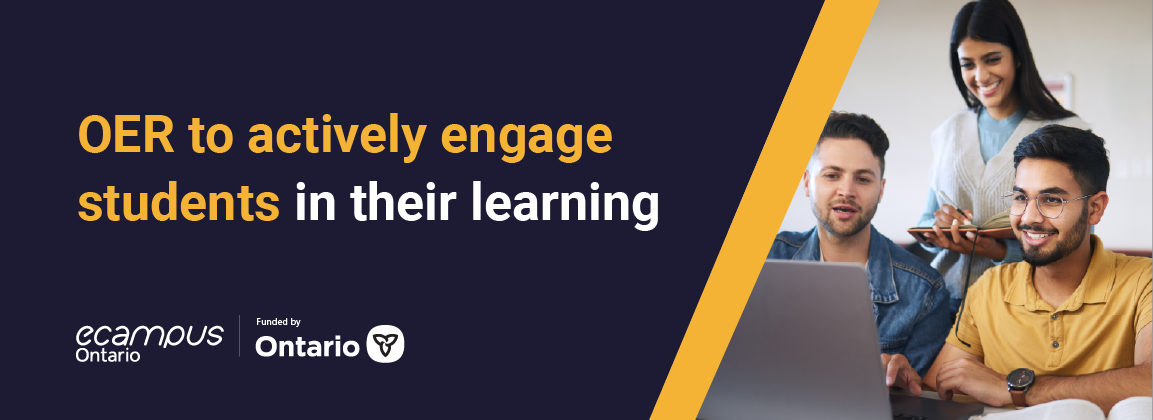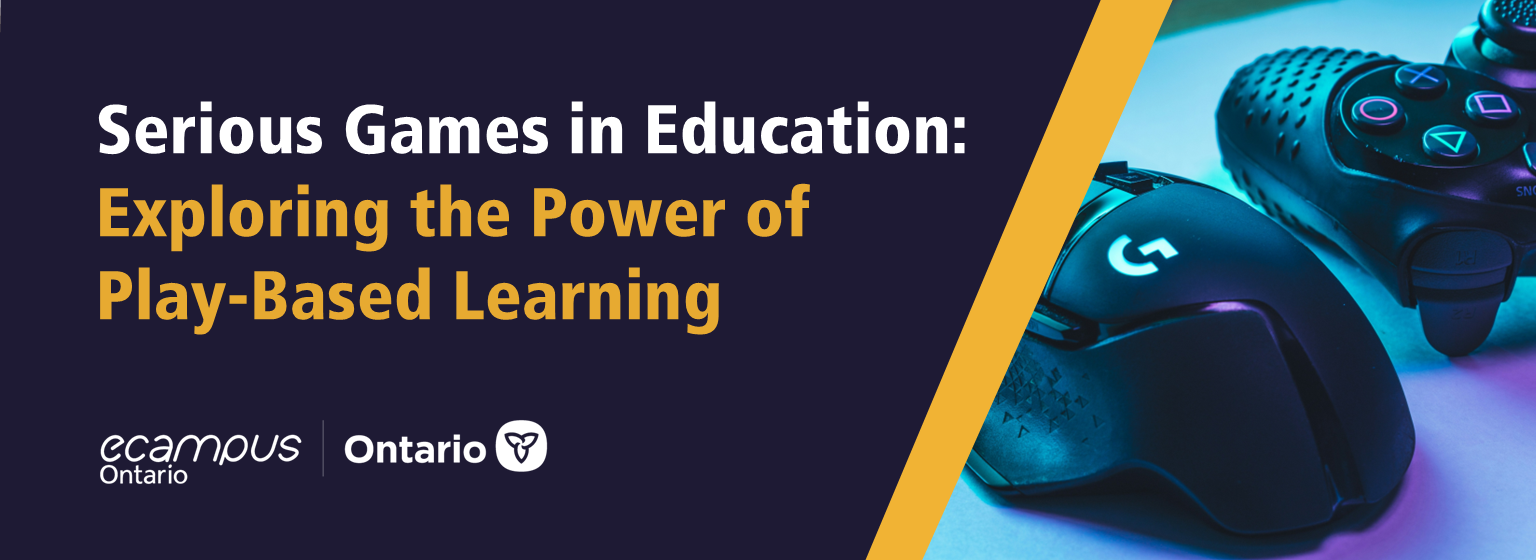
Whose voices get to be heard? A reflection on history and open education
By Krista McCracken
Archives Supervisor at Algoma University and eCampusOntario Open Education Fellow
While at the Canadian Historical Association (CHA) annual meeting in British Columbia this past June, I had the opportunity to put on my Open Education Fellows hat and chair two sessions focused on the intersection of Canadian history and OER. The OER and Classroom Conversations about History roundtable and the Creating Open Educational Resources to Cultivate Conversations Across Time, Place and Culture workshop brought together historians and open education advocates from across Canada.
These two sessions provided an opportunity to understand how OER use has developed within the field of Canadian history and hear from folks who have been involved in creating Canadian History open textbooks. Author and historian John Belshaw, along with Amanda Coolidge, a director at BCcampus, spoke about their experiences developing the Pre- and Post-Confederation Canadian History open textbooks. Educators Peggy French, Sean Kheraj, and Thomas Peace shared their success in creating an open primary source reader that can be used in undergraduate Canadian history classrooms.
Having all these open advocates in one space emphasized the opportunities for student success and collaboration that come with OER creation and adoption. Belshaw, Peace, and Kheraj focused on the benefits of working with content experts and collaborating with others. No historian is an expert on all parts of Canadian history and collaborating with a range of scholars can improve and help shape OER.
Student success comes in many forms, but one of the many benefits of OER is that they can engage students in the readings and course content. In their classrooms, Peace and Kheraj have integrated the use of the Hypothesis annotation tool alongside OER. During the roundtable, they shared the success of this approach and highlighted the robust discussions that occurred when students engaged with open course content.
The workshop portion of the afternoon provided a hands-on opportunity for participants to draw on shared expertise as they collaboratively developed a chapter for the Open History Seminar OER, a primary source document reader. This act of drafting a resource showcased the importance of clear licensing, platforms for historians to access open material, and how the narratives we tell are shaped by what material is accessible.
For example, the material we were drafting focused on queer Canadian history, a topic that has been historically underrepresented in newspapers, archives, and cultural spaces. Finding photographs and primary sources that related to queer lives was a challenge and in the end, we selected a piece of legislation because it was available in the public domain. How easy material is to access directly impacts the information students and researchers use, and ultimately, whose stories get to be told.
As someone who is deeply invested in open educational work and making Canadian history accessible to a broader audience, I am so glad to see these conversations happening at a national forum. I hope that these conversations about open education and Canadian history continue to happen, inspire change, and develop new OER champions.
Krista is one of eCampusOntario’s Open Education Fellows. Learn more about the OE Fellows program here: https://ecampusontario.ca/oe-fellows/
Banner photo by Ruslan Alekso on Pexels



